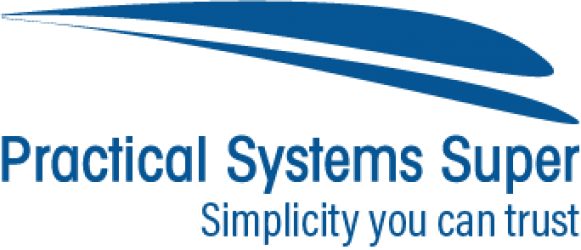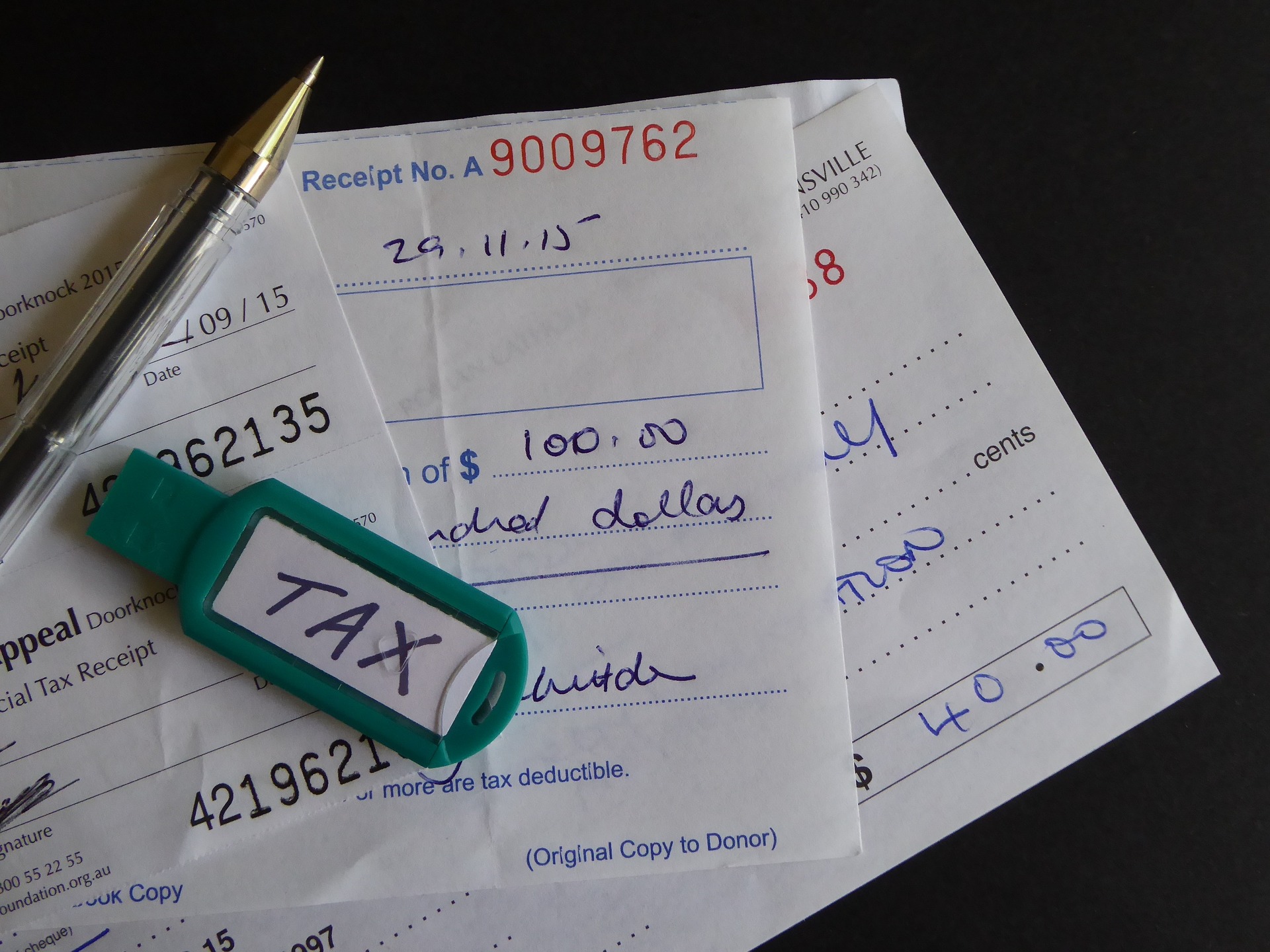Self-managed super fund (SMSF) expenses can be tax deductible provided that they comply with Australian taxation legislation.
It’s important to understand that SMSFs should only pay expenses that are:
- Allowed for under superannuation legislation and the SMSF’s trust deed
- Consistent with implementing the SMSF’s investment strategy
What are the general principles to follow?
Some SMSF expenses are tax deductible and some are not. It depends on whether the expenses relate to the fund gaining taxable income or not.
Expenses are tax-deductible if they relate to the fund gaining taxable (i.e. assessible) income. Superannuation funds (including SMSFs) are taxed on member contributions and their investment earnings. These contributions and earnings are taxed at the concessional super rate of 15% in Australia, up to certain contributions limits.
SMSF expenses are not tax deductible if they are capital expenses, such as the cost or purchasing fund assets.
Does it matter whether the SMSF members are in the accumulation or retirement phases?
Yes. SMSF expenses are not tax-deductible if they relate to the gaining of any non-taxable (i.e. non-assessable) income. Non-taxable SMSF income includes earnings form assets held to support member retirement phase income streams.
If an SMSF has members that are in both the accumulation and retirement phases, its expenses must be split appropriately between its taxable and non-taxable income. SMSFs in this situation should hire the services of an actuary to determine their non-taxable income. Only the expense amount that is apportioned to taxable income is tax-deductible.
No expense-splitting is necessary for any costs associated with collecting and processing fund member contributions or on the insurance premiums paid on behalf of members. However, splitting is necessary for most other types of SMSF expenses.
What SMSF expenses are tax deductible?
SMSF tax-deductible expenses can be grouped into the following categories:
- Operating expenses
- Investment-related expenses
- Tax-related expenses
- Insurance premiums
- Statutory fees and levies
- Legal expenses
- Collectables and artwork expenses
We’ll now look at each of these categories in more detail.
Operating expenses
Operating expenses include:
- Fund management and administration fees that trustees incur in carrying out their obligations. For example, collecting and processing member contributions.
- Audit fees. SMSF trustees are legally obliged to appoint an approved SMSF auditor to examine their fund’s operations each year to ensure its compliance with super legislation.
Investment-related expenses
Investment-related expenses include:
- Fees paid to fund investment advisers, provided that these fees are directly related to an investment that earns assessable income for the SMSF. Financial advice fees that do not meet this requirement include any of the following situations:
- General financial advice
- Financial plan preparation
- Initial or upfront adviser fees
- Ongoing advice fees for accumulated super in the fund
- Advice for non-assessible pension income.
- Bank fees.
- Rental property expenses if the fund holds one or more investment properties in its portfolio of assets.
- Brokerage fees (e.g. for share investments).
- Interest on any SMSF funds borrowed for investment under a limited recourse borrowing arrangement.
- Depreciation on investment assets (such as the plant and equipment in a commercial property owned by the fund).
- Claiming subscriptions and attending seminars.
Tax-related expenses
Any expense associated with preparing and lodging an SMSF’s financial statements and annual return to the Australian Taxation Office (ATO) is tax deductible. In addition, funds can deduct any actuarial costs that they incur to determine the amount of tax-exempt income for any of their members.
Insurance premiums
Insurance premiums that SMSFs pay on behalf of their members are tax deductible. SMSFs are legally entitled to take out the following types of insurance for their members:
- Life
- Income protection
- Total and permanent disablement
- Terminal illness
Other types of insurance (such as trauma or health insurance) can’t be taken out by SMSFs on behalf of their members.
Statutory fees and levies
SMSFs must pay an annual ATO supervisory levy and this amount is tax deductible.
In addition, SMSFs that have a corporate trustee structure must also pay an initial Australian Securities and Investments Commission (ASIC) registration fee, as well as ongoing annual fees. All of these ASIC fees are also tax deductible.
Legal expenses
Some SMSF legal expenses are deductible, including costs associated with:
- Amending the fund’s trust deed so that it remains compliant with any changes to super legislation.
- Ensuring the fund’s compliance with its tax obligations.
Collectables and artwork expenses
Storage and insurance costs for any collectables and artwork that are owned by an SMSF are tax deductible. The insurance for these assets must be in the name of the fund and it must be taken out within seven days of them being acquired.
What is the process for claiming these expenses and deductions?
Tax-deductible SMSF expenses can generally be claimed in the year that they are paid. The only exception are any depreciation claims, which are “non-cash” expenses that are claimed over the estimated life of their associated assets.
All SMSF tax-deductible expenses should be claimed in the annual ATO return so that the appropriate tax debt or refund each year can be determined. Fund trustees should ensure that:
- All tax-deductible expenses (excluding depreciation) are paid directly from their fund’s bank account.
- All receipts and invoices are in their fund’s name.
- They retain all their receipts and invoices for at least five years after their annual returns have been submitted to the ATO.
What expenses can’t you claim?
SMSF expenses that you can’t claim (and which you might expect that you can) include:
- Any expenses associated with non-taxable income.
- Travel expenses relating to residential investment property.
- Legal expenses, such as those involved with preparing an SMSF’s initial trust deed (or significantly amending it a later date).
- Any other costs associated with establishing the fund, as these are regarded as capital expenses.
In addition, if the trustees of the fund incur any administrative penalties from the ATO for non-compliance, these expenses cannot legally be paid by the fund. The trustees also cannot legally be reimbursed by the fund for the payment of these penalties. Administrative penalties are therefore not paid by SMSFs and accordingly are not tax deductible.
The bottom line
SMSF expenses that relate specifically to the fund’s taxable income are tax deductible. Some SMSFs have both taxable and non-taxable income. In this situation, fund expenses must be split between these two types of income, and the amount apportioned to non-taxable income is not tax deductible.
Source: superguide.com.au

